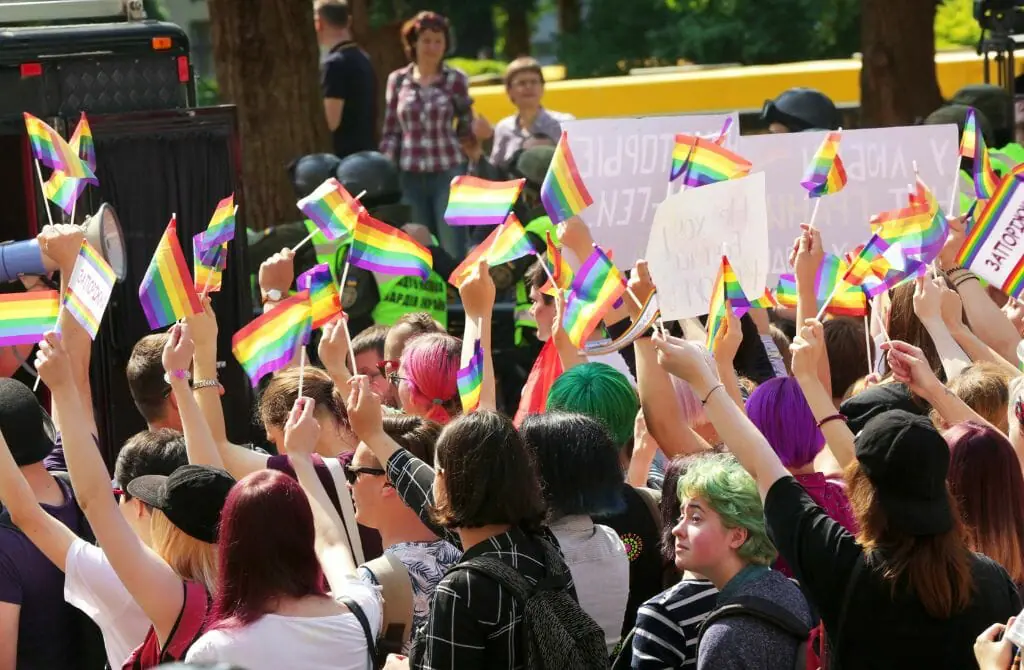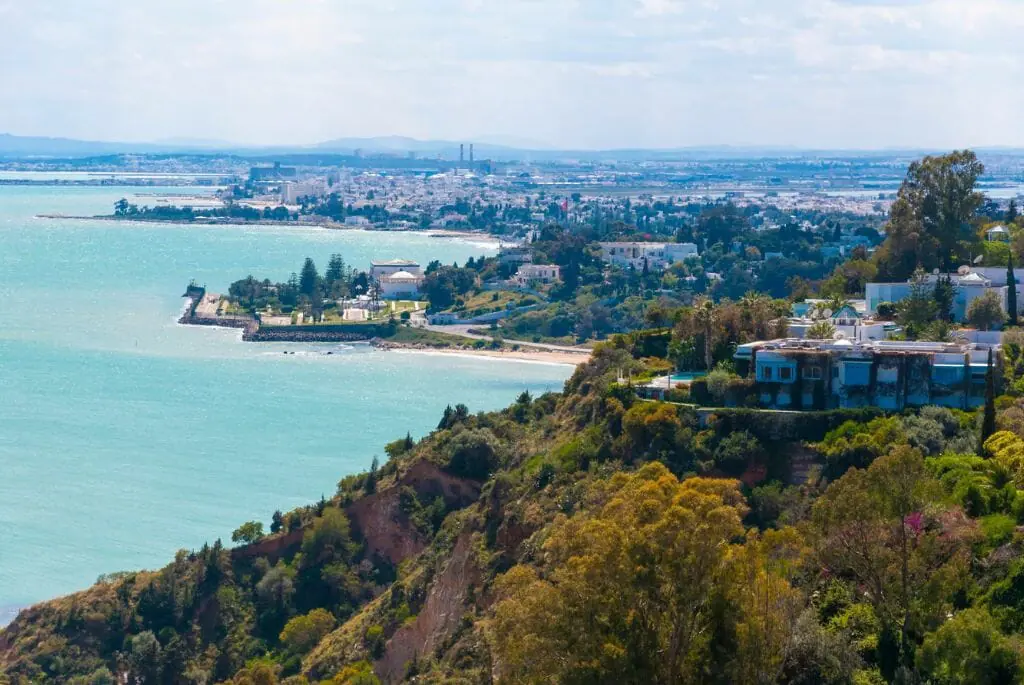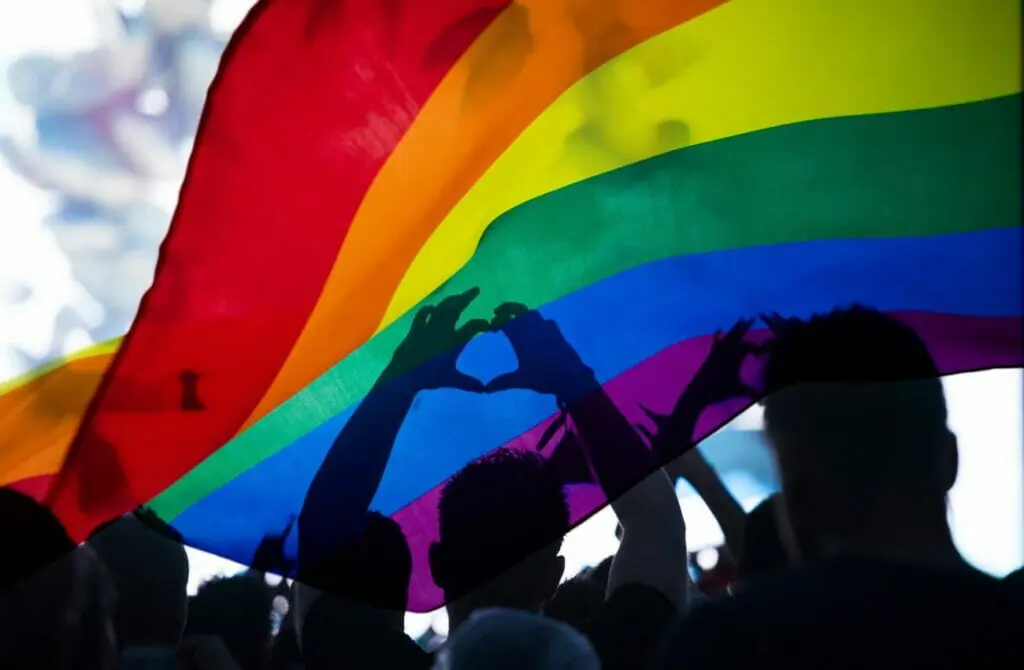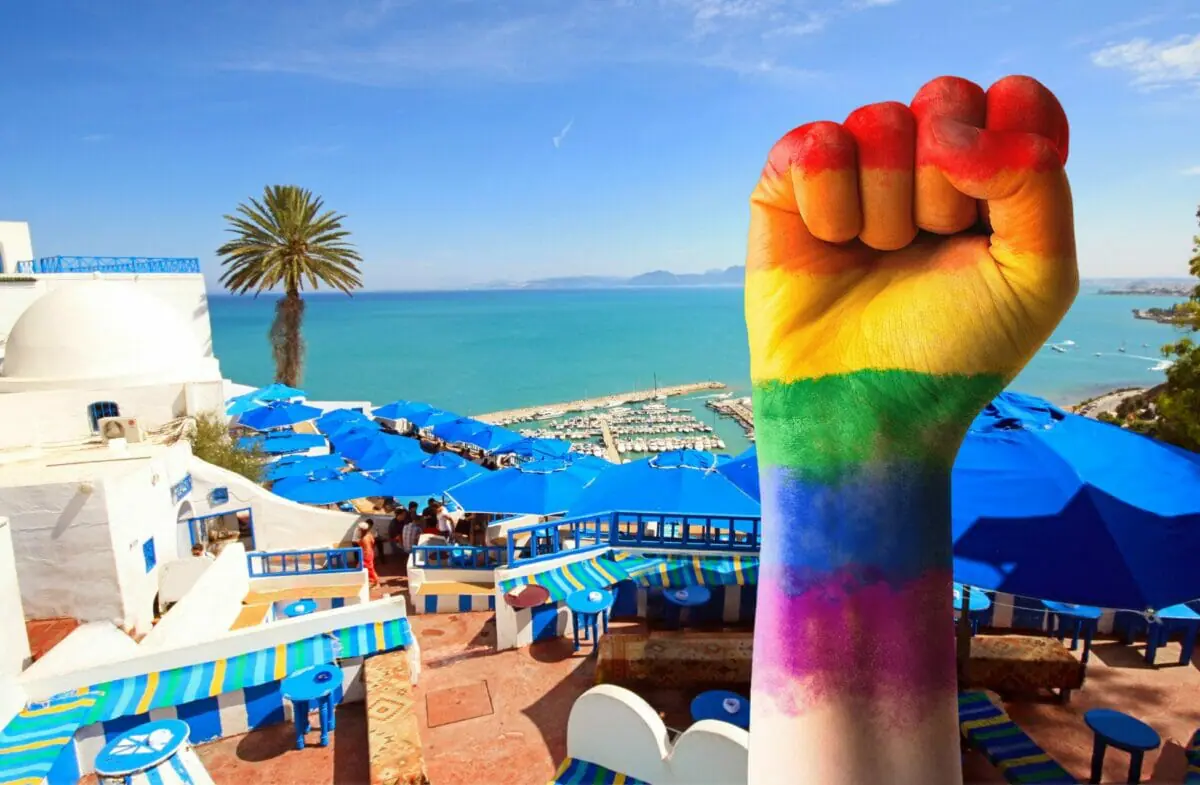LGBT rights in Tunisia remain a topic of concern as the country continues to grapple with legal challenges and societal attitudes that impact both locals and tourists. While Tunisia’s rich cultural history and picturesque landscapes may make it a desirable travel destination, it is essential for LGBT travelers to be mindful of the current legal environment and potential risks they may face.
Lesbian, gay, bisexual, and transgender individuals in Tunisia face legal struggles due to the illegality of both male and female same-sex sexual activity in the country.
For local LGBT individuals, the situation is particularly complex, as they often live under the threat of persecution, legal consequences, and social backlash. Although tourists tend to have more protection and face fewer risks in general, it is crucial for LGBT visitors to remain cautious and vigilant, recognizing that they may still be susceptible to discrimination or even violence.
As the landscape of LGBT rights is ever-evolving, it is crucial to stay updated on the most current information and advice when planning to visit Tunisia.
To ensure the safety and well-being of LGBT travelers, it is advisable to be discreet about one’s sexual orientation or gender identity, avoid public displays of affection, and seek out safe spaces and establishments that are known to be LGBT-friendly. While it is impossible to predict every scenario or potential risk, being knowledgeable about the local environment, staying alert, and using common sense can contribute to a more secure and enjoyable travel experience.
Always bear in mind that situations can change rapidly, and reliable advice for traveling to any destination, including Gay Tunis and wider Tunisia, should be sought from up-to-date sources before embarking on the journey.


History Of LGBT Rights In Tunisia
The history of LGBT rights in Tunisia is marked by an ongoing struggle for recognition and acceptance by both society and the legal system. Historically, from the end of the 18th century to the start of the 19th century, gay men held social roles in Tunisia similar to those in other parts of the Muslim world despite ongoing stigmatization.
In recent years, there has been a growing awareness of LGBT rights issues in Tunisia, with some civil society organizations working towards greater acceptance and legal protection for the LGBT community. However, public opinion surveys suggest that there is still considerable societal resistance to LGBTQ+ rights in the country.
For travelers, it’s important to understand that the local LGBT rights landscape significantly affects both local people and tourists. While some regions and cities may be more accepting of the LGBTQ community, overall, the country’s legal framework offers limited protections, and discrimination and violence can still occur in various forms.
As an LGBT traveler to Tunisia, the best course of action to protect yourself and ensure your safety is to remain vigilant and exercise caution at all times. This includes keeping your sexual orientation or gender identity discreet when in public, avoiding public displays of affection, and being mindful of the cultural context you are in.
Research the specific areas you plan to visit, as acceptance levels can vary between urban and rural regions. Stay informed about the current situation and any potential changes to laws and regulations affecting LGBT rights. Information can become outdated quickly, so consult up-to-date sources and local organizations before traveling.
Please keep in mind that despite the growing awareness and activism around LGBT rights in Tunisia, the situation remains fluid and can change rapidly. Remain attentive, take all necessary precautions to safeguard yourself during your travels, and always be aware of your surroundings and the people you interact with.


The LGBT Current Situation In Tunisia
Tunisia, a North African country, is in a complex and evolving place concerning LGBT rights. While the country has taken some steps towards promoting human rights, local LGBT people still face notable challenges. It’s essential for queer travelers to understand the distinctions in how these rights affect local people versus tourists and to take the necessary precautions to protect themselves.
For locals, homosexuality remains illegal under Article 230 of the Tunisian Penal Code, with punishment ranging from imprisonment to probation. This legal framework contributes to the widespread discrimination against the LGBT community, including limited access to housing, employment, and social services. Additionally, arrests and violence directed towards LGBTI activists have been reported, signaling a tense environment for those openly identifying as part of the community.
Tourists, on the other hand, might experience more lenient treatment, considering that the Tunisian government continues to rely heavily on tourism revenue. Despite this, travelers are encouraged to be cautious and understand that consensual same-sex activities may not be openly tolerated. Therefore, it is advisable for LGBT visitors to remain discreet and avoid public displays of affection.
A few steps can be taken to ensure a safer travel experience. First and foremost, connect with local LGBT organizations and networks before your trip to better understand the situation on the ground. Additionally, stay up-to-date with local media and news reports, as the atmosphere surrounding LGBT rights can change rapidly. Be vigilant in your social activities by selecting venues known to be LGBT-friendly or at least tolerant, and avoid discussing your orientation with individuals who might react negatively.
It’s important to emphasize that the situation in Tunisia—like any other country—can change quickly, and information can become outdated. Always seek current advice and exercise caution throughout your journey. The fight for LGBT rights is ongoing, and by educating yourself and contributing to local advocacy efforts, you can also make a positive impact while visiting Tunisia.


The Future For The Queer Community In Tunisia
As a queer travel writer and LGBT activist, it’s important to consider the future of LGBT rights in Tunisia and how it affects both local people and tourists alike. Tunisia has made progress since its revolution just over 10 years ago, advancing equality and non-discrimination. Still, full protection of the human rights of lesbian, gay, bisexual, and trans people is yet to be achieved.
For local LGBT individuals, the situation remains challenging. While Tunisia has legalized LGBT rights associations, homosexuality remains illegal under Article 230 of the penal code, with imprisonment as punishment. Legislation must be amended to fully protect LGBT rights and provide an environment for locals to feel safe and accepted.
Tourists, on the other hand, are usually less impacted by restrictive laws and may not encounter the same level of discrimination. However, being aware of the local regulations and cultural context is crucial when visiting Tunisia as an LGBT traveler. It’s always best to err on the side of caution and ensure that you take steps to protect yourself, if necessary. Be vigilant; as with any country, there might be bad actors.
As situations can change fast, it’s important to seek current advice before traveling to Tunisia. Information may become quickly outdated, so staying informed is a key aspect of ensuring a safe and enjoyable trip. The progress towards LGBT rights in Tunisia should be acknowledged, but it’s essential to remember that true equality and protection have not yet been fully achieved.
As such, travelers should remain aware of the local dynamics and continue to be cautious while visiting this beautiful country.

Protect Yourself While Travelling In Gay Tunisia
As an expert queer travel writer and LGBT activist, it is essential for me to guide you through the current situation of LGBT rights in Tunisia and how they affect both local people and tourists. While Tunisia has legalized LGBT rights associations, it still has a long way to go in terms of legal and social acceptance.
Homosexuality is illegal in Tunisia, with imprisonment as punishment for the local population. This means that LGBT Tunisians face both legal and social discrimination. For tourists, although there may be more leniency, it is crucial to remain vigilant and cautious as situations can change quickly, and bad actors exist in every country.
To protect yourself while traveling in Tunisia, consider the following steps:
- Be discreet about your sexual orientation and gender identity in public spaces, and avoid drawing unwanted attention to yourself.
- Stay informed about the local laws and social context that affect the LGBT community by consulting up-to-date resources and seeking advice from like-minded organizations.
- Use extreme caution while using dating apps or meeting new people, as not everyone may have genuine intentions.
- Reach out to local LGBT support groups and organizations for the most current information, insights, and advice related to visiting Tunisia.
- Remember that your safety and well-being are your top priorities; avoid situations where you feel uncomfortable or unsafe.
It is vital to acknowledge that information on the ground can change rapidly, and what may be accurate today could be outdated tomorrow. In light of this, always stay informed, seek current advice before traveling, and exercise caution to ensure a safe and enjoyable experience in Tunisia.




